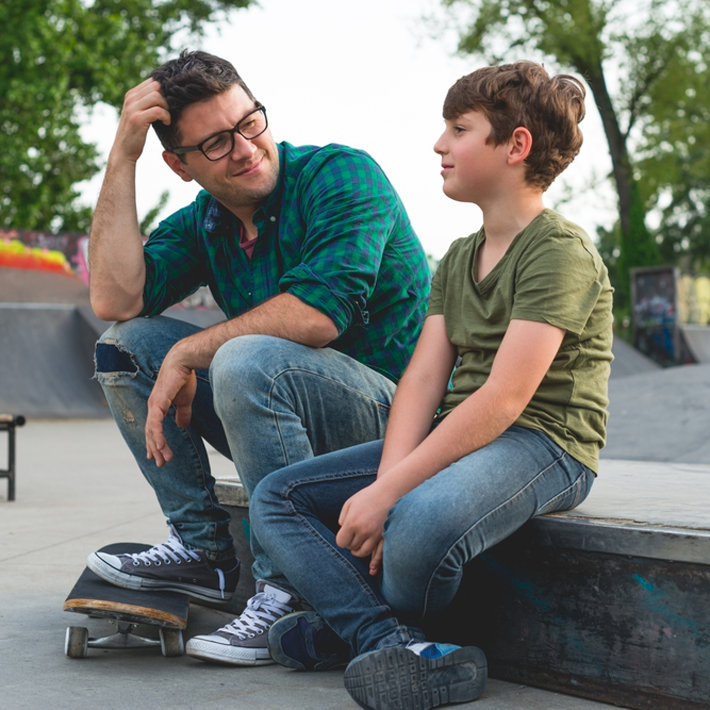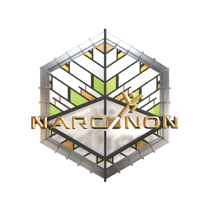Teens and Prescription Drug Abuse

An area of drug abuse that needs to be talked about more is teen prescription drug abuse. Research shows that teens and young people, in general, are abusing prescription drugs with growing prevalence, and that is something to be worried about.
After about fifteen years of gradually decreasing substance abuse trends amongst youth demographics, teen substance abuse is now on the rise once again. But this time around, it is not a problem of increasing substance abuse statistics with heroin, meth, cocaine, or other hard drugs. It is increasing substance abuse statistics amongst young people with prescription drugs.Yes, the very drugs that are supposed to help us and make our lives easier are actually causing untold hardship and even thousands of deaths amongst young adult populations.
The Statistics on a Very Grim Problem
According to the National Institute on Drug Abuse, teens and young adults between the ages of fifteen and twenty-five are the biggest targeted demographic for prescription drug abuse in the nation. More specifically, young people are particularly prone to abusing opioid pain relievers, ADHD drugs, and anti-anxiety drugs.
According to the Centers for Disease Control and Prevention, 2014 saw over two-thousand teenagers die from taking opioid painkiller pills. This number represents the largest death toll amongst teens for any kind of substance abuse.
Research indicates that, as prescription drug abuse becomes more common amongst older demographics, young adult populations consistently see these drugs as being safe or “okay” to abuse. This is dangerous territory to be in indeed. According to studies, twelve percent of young people abuse prescription drugs, as compared to only five percent of individuals ages thirty and older.
Young people suffer greatly from taking prescriptions drugs. According to the Centers for Disease Control and Prevention, one-hundred and nineteen young people are rushed to the emergency room every day for a prescription drug overdose. Twenty-two young people are admitted to a treatment center for a pill problem every day. Almost a dozen teens die every day from prescription drug abuse. The sheer numbers and growing prevalence of prescription drug abuse are quite unlike any drug abuse crisis witnessed previously.

Reversing Teen Prescription Drug Abuse
It would be an understatement to say that parents are concerned about teen and young adult prescription drug abuse. Parents are mortified, as they should be. The constant, steady, seemingly never-ending growth of this problem is something to be quite concerned about, all things said and done.
Reversing the trend of prescription drug abuse amongst teens and young adults would involve a few strategies:
- First of all, we need to educate teens better about the risks at hand when it comes to pills. Most teens do not perceive much risk involved in abusing these drugs, simply because they are medicines after all, and they are highly accepted in society. Teens need to know why they should avoid such pills, and what risks are really at hand that their peers might not want them to know about.
- Secondly, we need to help those teens and young adults who are sadly already addicted to such drugs, and we need to do so before they get others hooked on the pills. The best way to do this is with the help of qualified and expert drug and alcohol addiction treatment centers.
- Last but not least, we actually need to innovate other methods of pain relief and medicine that do not entail such addictive pharmaceuticals. The big problem here is that our only accepted approach to many physical ailments is with prescription drugs that have serious side effects. If we correct that issue and innovate other methods of medicine that are safer, we will be better off for it.
Teen and young adult substance abuse is back on the rise. We need to change that with the above strategies and others like them.
Sources:
- https://www.drugabuse.gov/related-topics/trends-statistics/infographics/abuse-prescription-rx-drugs-affects-young-adults-most
- https://www.ncbi.nlm.nih.gov/pmc/articles/PMC4827331/
- https://www.dea.gov/pr/multimedia-library/publications/prescription_for_disaster_english.pdf
- https://teens.drugabuse.gov/drug-facts/prescription-drugs


